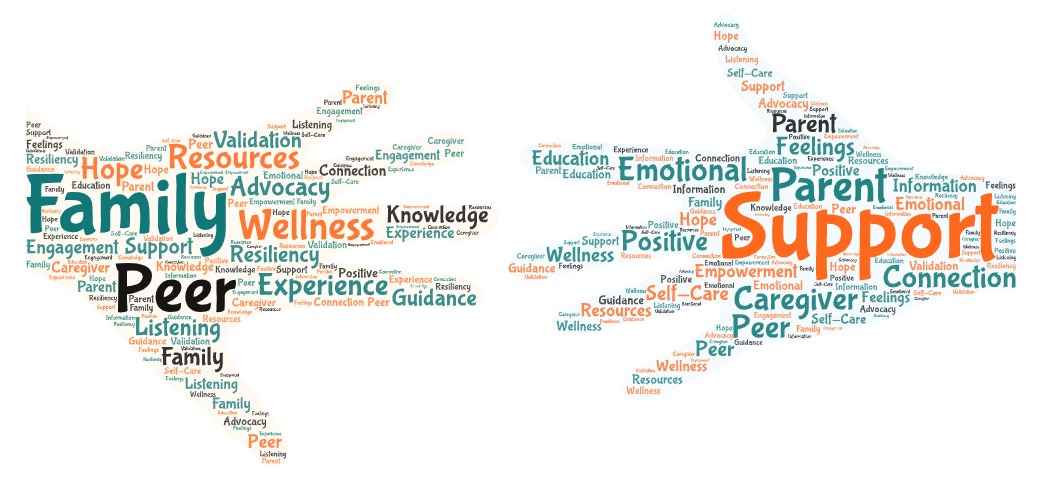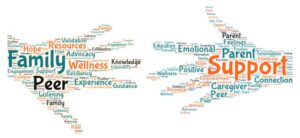
by Erin Faulkner, Family Peer Supporter
March 28, 2023
 When I was 4 years old, I got my first pair of hearing aids. For the next 7 years, I hated them. Everything was just so loud. I would take them out often and several times, with my mother, have to dig them out of garbage cans because I accidentally threw them away. We moved to Helena, MT when I was 10 years old. My new audiologist realized that my hearing aids had never been set correctly for me. Finally, I could hear comfortably. It changed almost everything. While it was now comfortable to wear hearing aids and felt wonderful to be able to hear conversations, I now was older and more aware that I was different.
When I was 4 years old, I got my first pair of hearing aids. For the next 7 years, I hated them. Everything was just so loud. I would take them out often and several times, with my mother, have to dig them out of garbage cans because I accidentally threw them away. We moved to Helena, MT when I was 10 years old. My new audiologist realized that my hearing aids had never been set correctly for me. Finally, I could hear comfortably. It changed almost everything. While it was now comfortable to wear hearing aids and felt wonderful to be able to hear conversations, I now was older and more aware that I was different.
For many years after that, I wore my hair down as much as possible so that people couldn’t see that I was different. I was embarrassed. I didn’t know anyone else like me. I was trying to keep from being and feeling isolated, though, thinking back, I think I isolated myself. When I was 21, I transferred to an out-of-state college to study deaf education. I finally met people like me – women my age who were hard-of-hearing. I finally had the confidence to wear my hair up. My mindset changed, as well. I’d rather people know the truth rather than make their own assumptions about why I may not answer when they ask me a question. I became proud of who I am.
Fast forward 9 years to when I became a mom to a daughter with the same genetic condition as me. I now had the opportunity to help guide her to, hopefully, make different decisions than I did. Living in Great Falls, my daughter was fortunate to be able to attend the Montana School for the Deaf and Blind before she was even two years old. Unlike me, she grew up with peers she could relate to. Though she often will delay in telling people because she wants them to get to know her first, she is proud of who she is. When she was 12, she was the Children’s Miracle Network Champion for Montana through Shodair Children’s Hospital. At 16, she got her first tattoo, the CMN balloon with the year 2012, a conversation starter for something she is proud to talk about. When she was 18, she got another larger tattoo, a DNA helix with the words Stickler Syndrome. It’s a beautiful tattoo, not just aesthetically, but for what it stands for. She has accepted and is proud of everything that she is.
I believe that by accepting everything about us, we are better able to show people the things we really want them to see. Kindness, intelligence, humor, perseverance, determination, resilience, morality.

